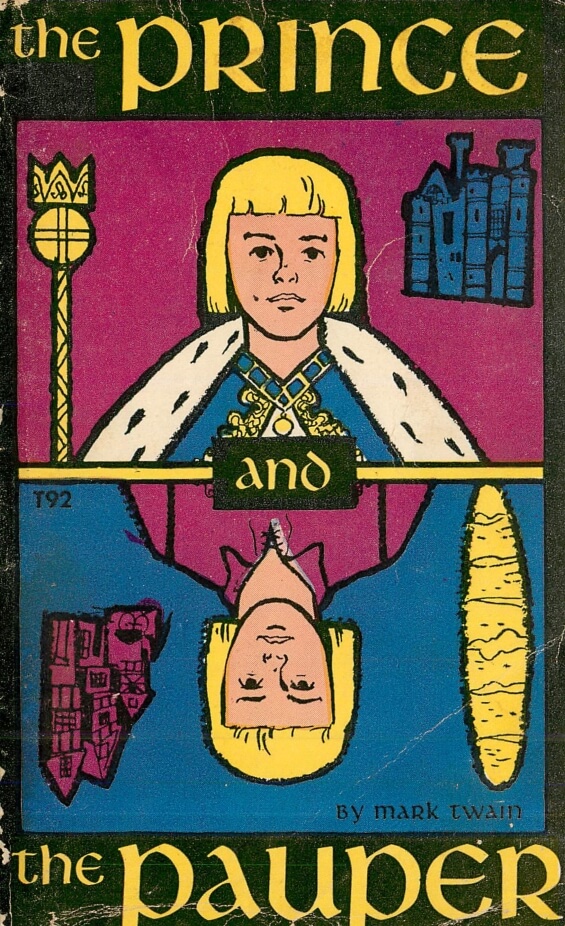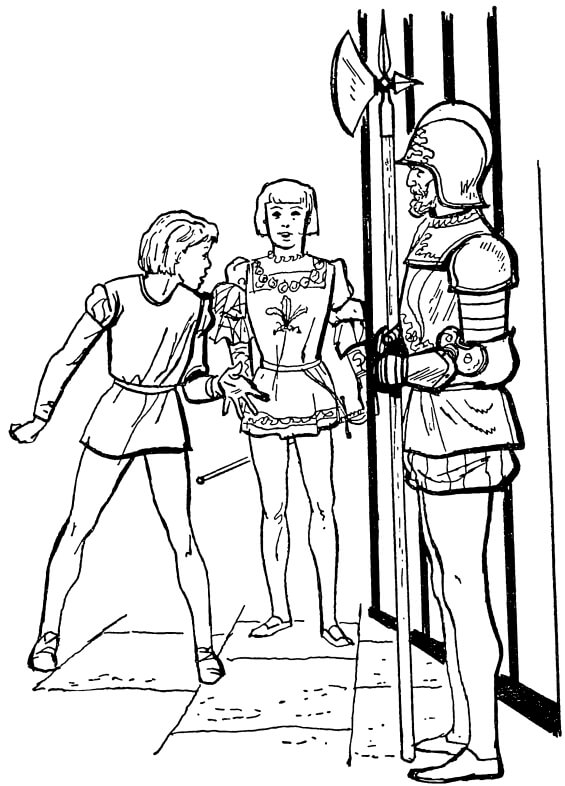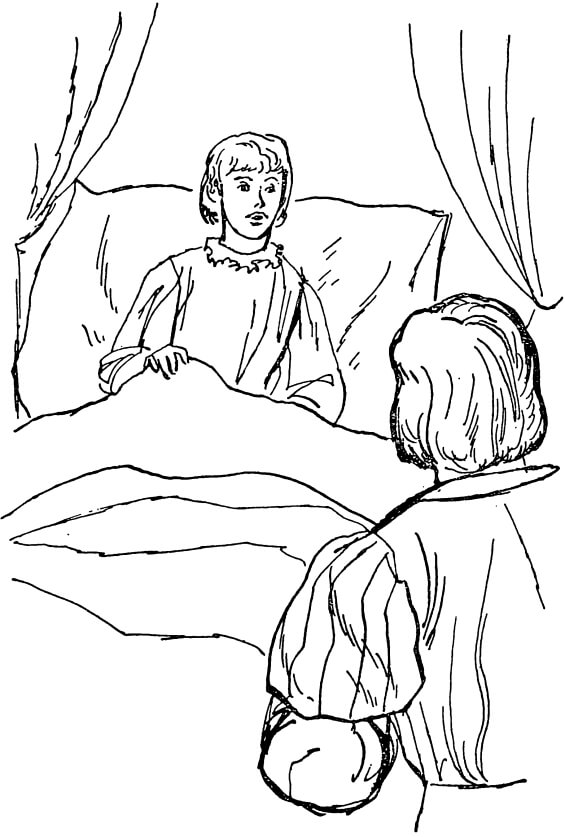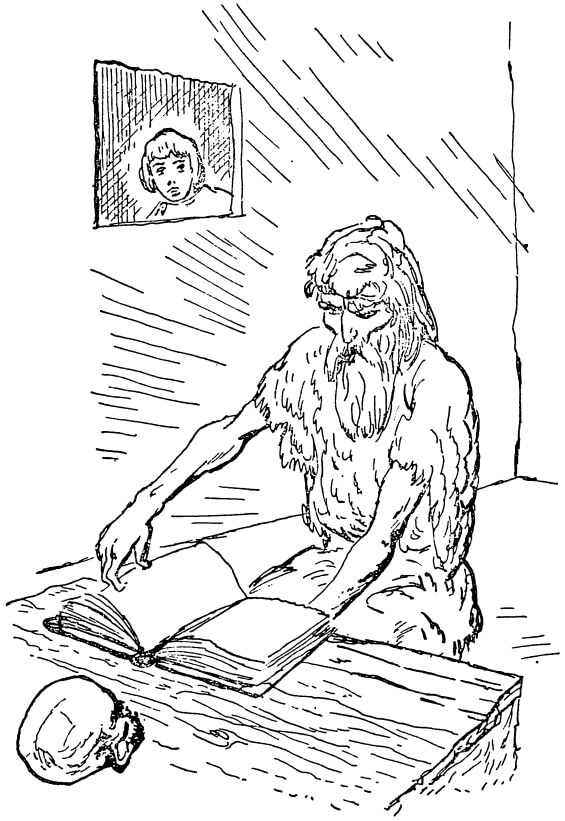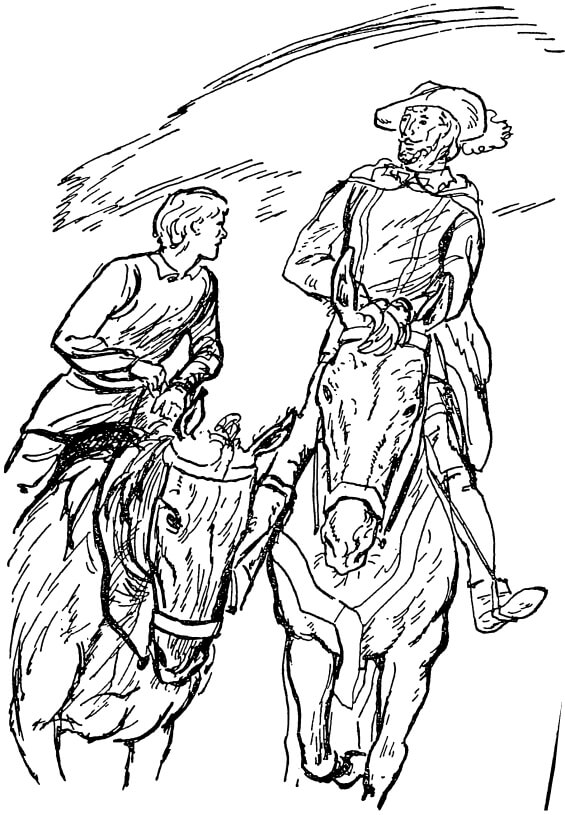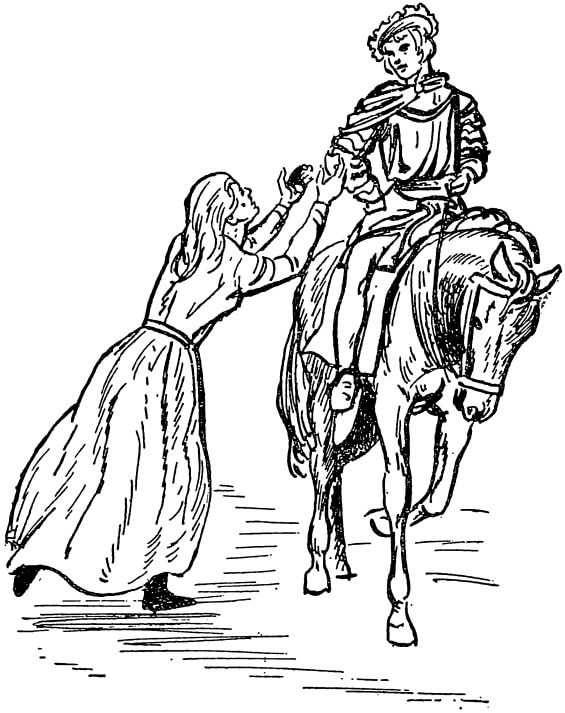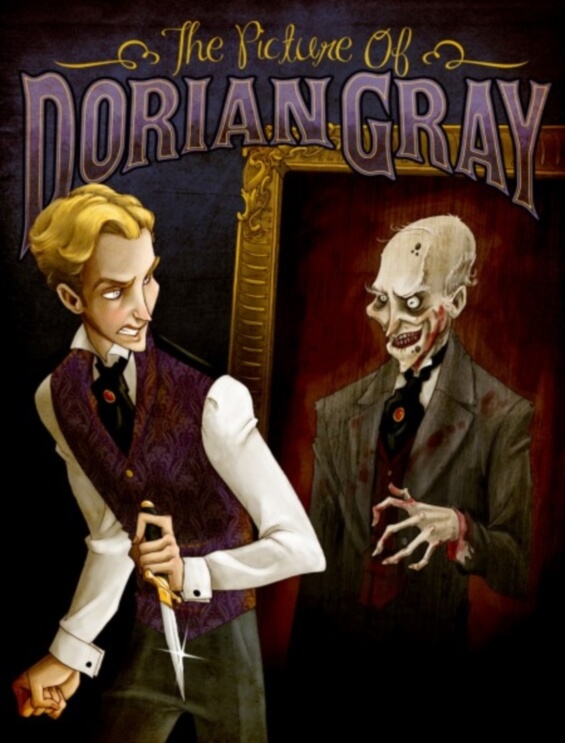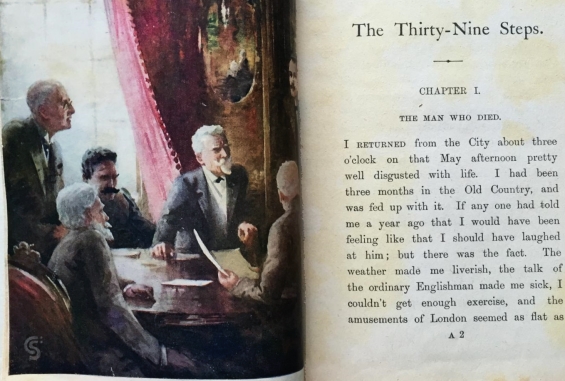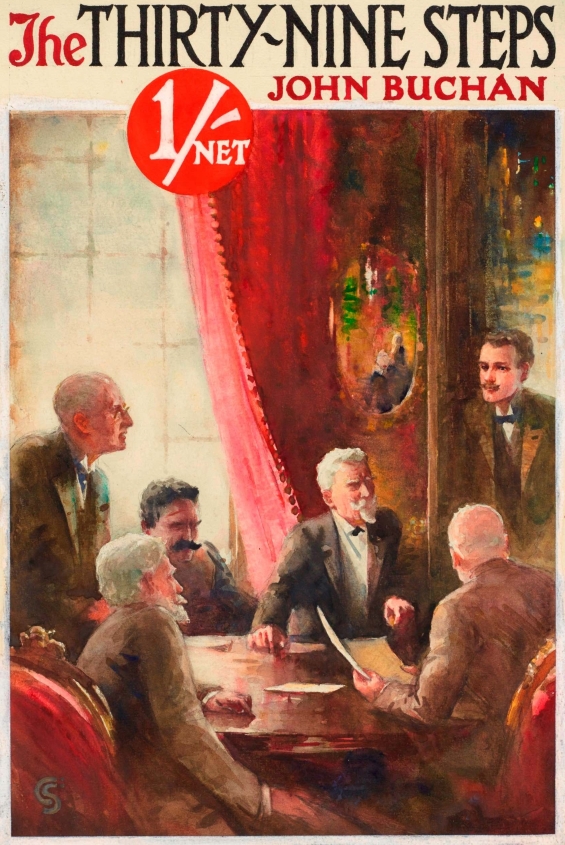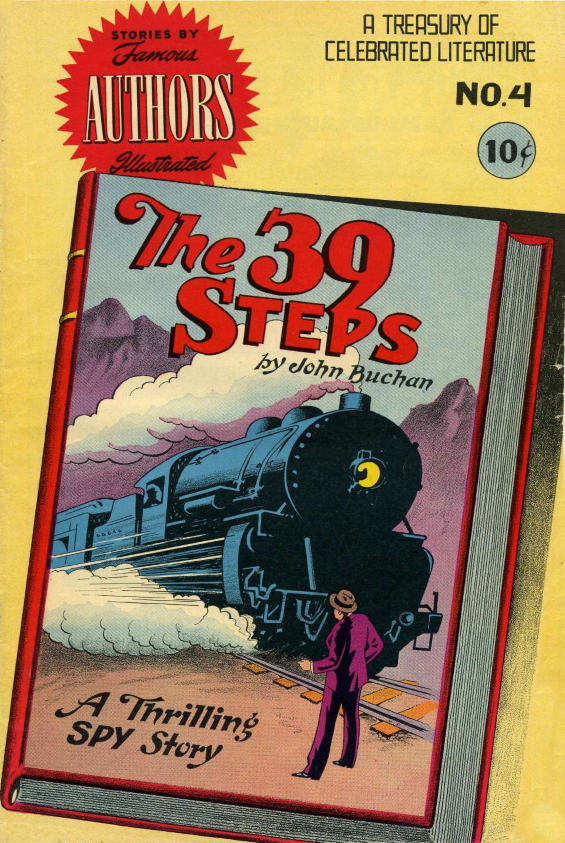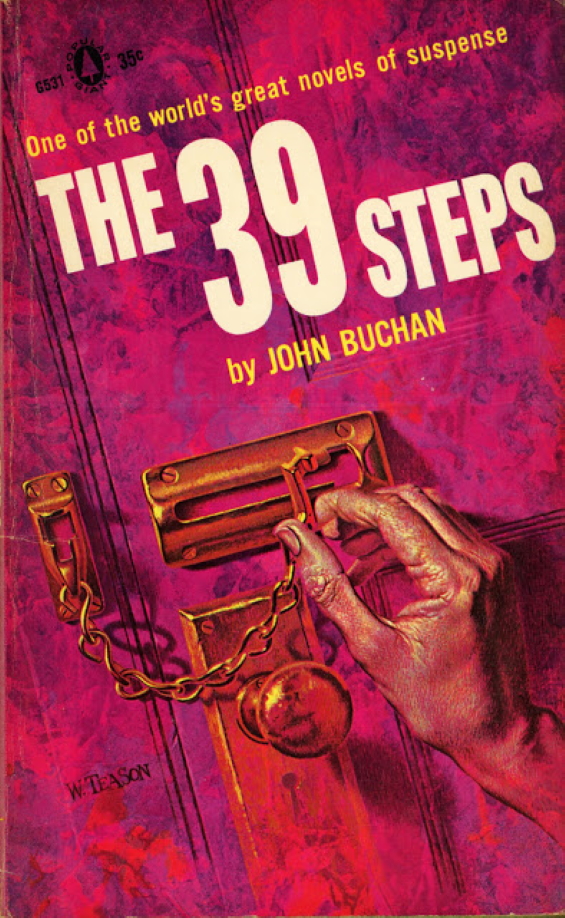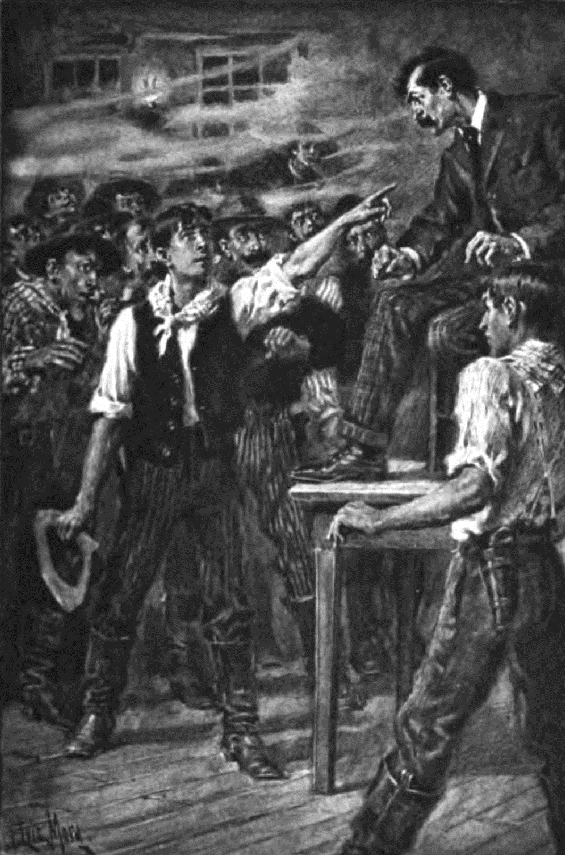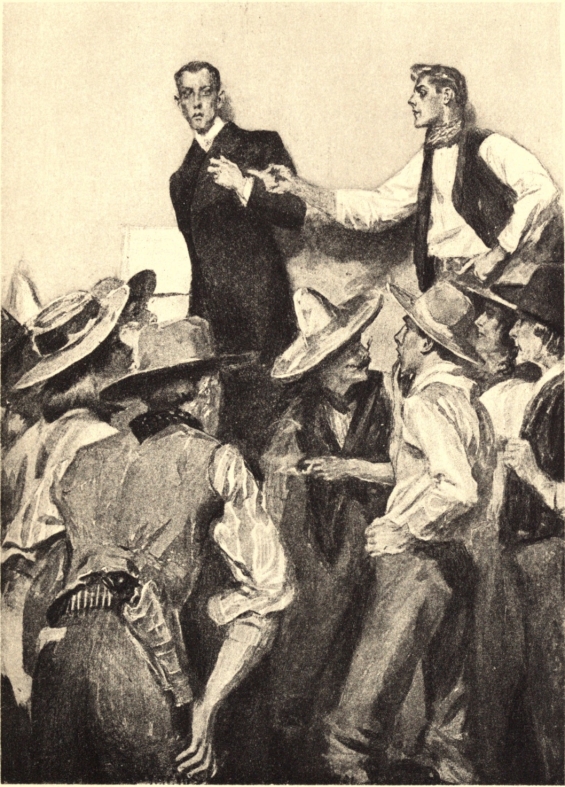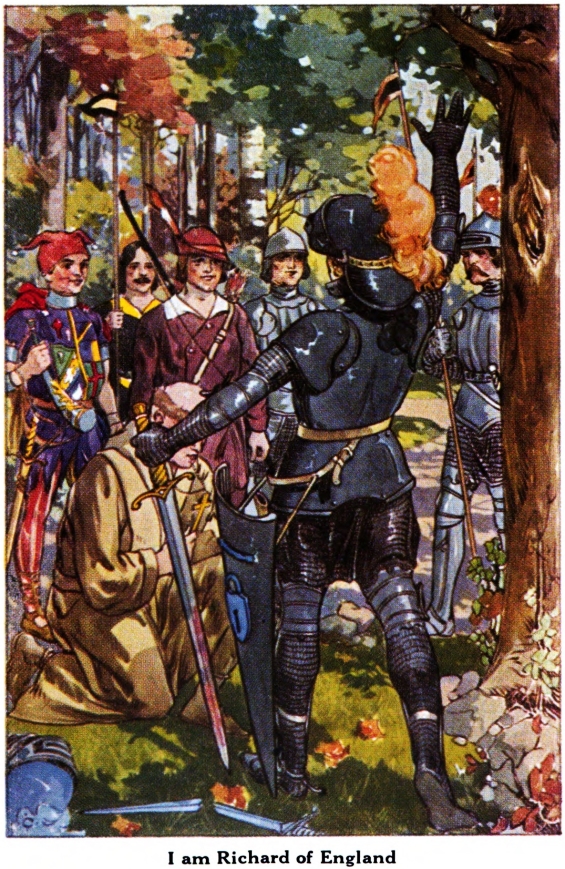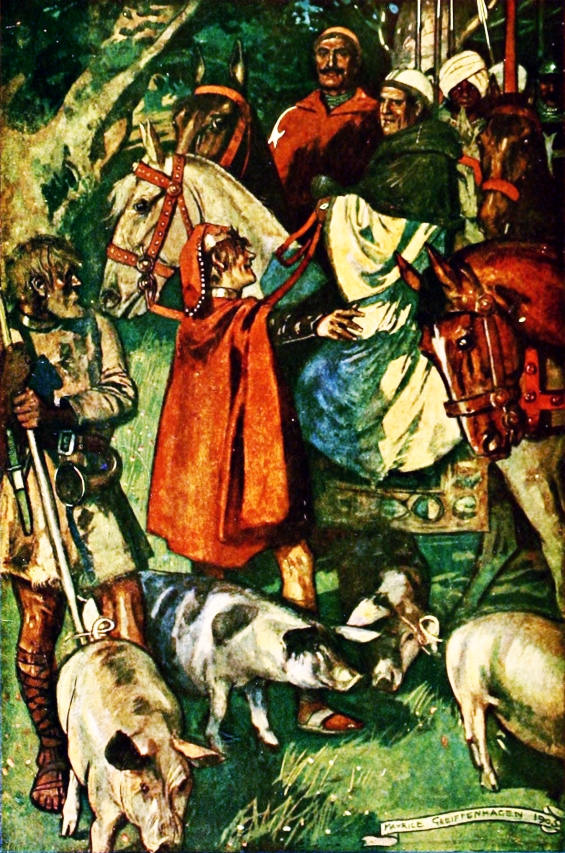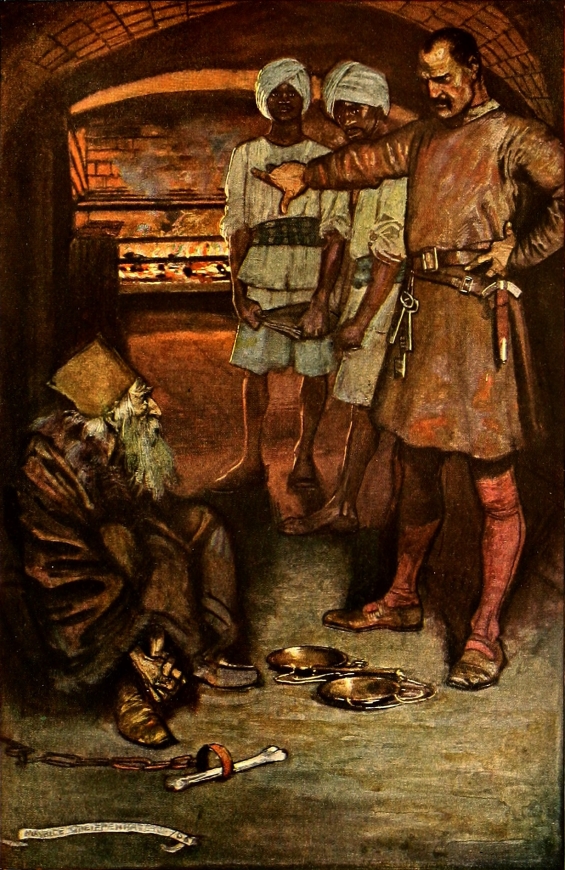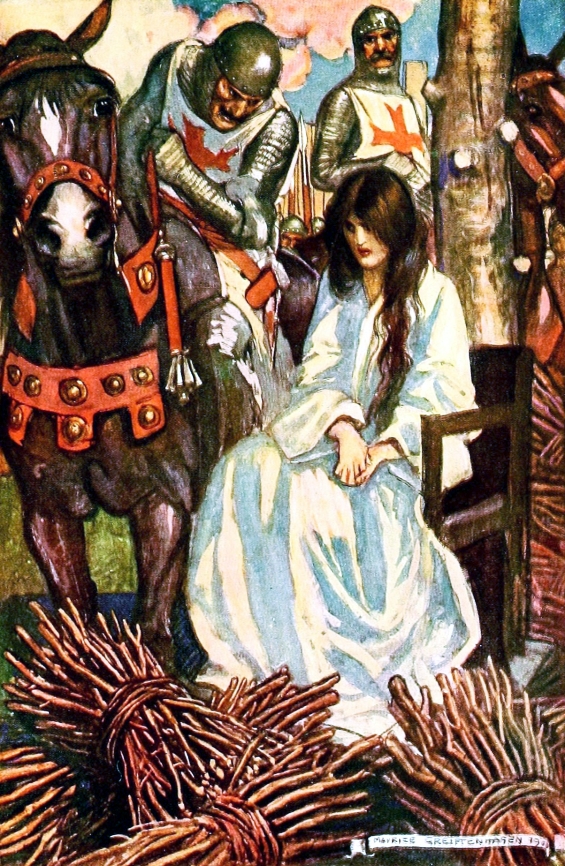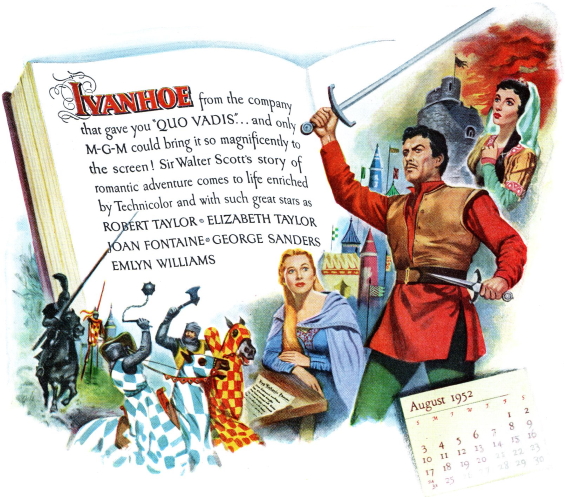
 The SFFaudio Podcast #367 – Jesse, Julie Davis, and Maissa talk about The Prince And the Pauper by Mark Twain.
The SFFaudio Podcast #367 – Jesse, Julie Davis, and Maissa talk about The Prince And the Pauper by Mark Twain.
Talked about on today’s show:
1881, 1882, Julie’s Mark Twain obsession, realistic fiction, children’s literature, reading with teenagers, old books teach you their vocabulary, quasi-historical fiction, Tom Sawyer, something classier, Sir Walter Scott, like Dickens-lite, sooo Dickens!, Huckleberry Finn, young people of all ages, anything public domain was marketed for children, appealing to children, sympathetic characters, lacking wry cynicism, less biting, he’s an anglophile, making points, how do we treat people, trading places, The Pickwick Papers, Nicholas Nickleby, Bleak House, the progress of an author, everybody knows the story, enters the popular culture like a fable, a meta-issue, where’s the science fiction and the fantasy?, Jesse’s thinking, The Prisoner Of Zenda, Ruritania, inspired by, precursors, an immediate classic, that Ringo (1974) movie, Carrie Fisher, that Monty Python thing, so much fun, and his talentless half brother, Vincent Price, John Ritter, chock-full of fun, The Man In The Iron Mask by Alexandre Dumas, Double Star by Robert A. Heinlein, this phenomenon, replacing the king, Citizen Of The Galaxy, the influence of Twain is in SF, Three Men In A Boat by Jerome K. Jerome, Great Expectations, David Copperfield, the Wishbone adaptation, way down into the culture, Dave (with Kevin Kline and Sigourney Weaver), Moon Over Parador with Richard Dreyfuss, in that continuum, A Connecticut Yankee In King Arthur’s Court, research and divergence, footnotes, Edward, Lady Jane Gray, Star Trek: Mirror, Mirror, parrallel worlds, Freaky Friday, so many avenues, Big with Tom Hanks, swapped identity, genre defining, what it says on the tin, parody versions, The Monkees, 25 minutes of ridiculous, The Monkees a fake version of The Beatles, Twain’s Joan Of Arc book, incredibly well plotted, dreaming the life of a king, Tom is the king of Offal Court, crazy, King of the Gamecocks and King Foofoo, Miles Hendon’s story is parallel to Prince Edward’s plot, it goes really deep, Tom’s two sisters, Nan and Bess, Mary and Elizabeth, everybody gets to be king or queen for a day, queen for nine days, Mary’s short reign, Elizabeth’s long reign, a lot of pain and torture and unjust punishment and superstition, the psychological irony, every king should live by the laws of his subjects, the Blue Laws, pardonings, wise judgement, chapter 22/23, not a joke book, situational humour, doing the Robin Hood thing, the Ruffler, a beggar who refuses to beg, threatening the tinker with a soldering iron, a thief who won’t steal, putting a clime on him, a cant term for an ulcer, a slatternly woman and a diseased baby on the side of the road, an here’s the recipe, the mother daughter witches, witchcraft, the wisdom of Solomon from the mouths of babes, foolishly wise, native common sense, hath it always this dread effect?, a parallel scene, when Edward is in gaol as Tom, the crime of being Baptists, who burned?, burned at the stake, Tom had watched a procession, crisp flesh, some gruesome stuff, not a satire, straightforward historical (romanticized), Errol Flynn as Miles Hendon in the 1937 movie, the Oliver Reed movie adaptation (1977), tainted by Ringo, too heavy, Ernest Borgnine, Rachel Welch, interchangeable beauty, you monster!, he’s Errol Flynn-ing it all over the place, a heavy focus on the Miles story, Charlton Heston as Henry VIII, he was every historical male figure, all the time travelers form the 1970s movies, Miles’ brother is sent to the American colonies and becomes a politician, making it more satirical, the 1977 adaptation is very faithful to the novel, comedy, Edith, the children’s hospital, when Twain visited Europe he bought a lot of books, after his ordeal, teachings out of books, The Merchant Of Venice, reading the classics, I’ll make a classic tale, as if it has been with us forever, absolutely historical fiction and yet…, a Disney version, a timeless story, remember the humanity of the people around us, applying your humanity, anchor in reality, the kids, forgoing the crazy laws, I’m going to honor children always, meta-stuff, a short reign, the romantic relationship, she spurns Tom and marries a rich old Earl, Romeo And Juliet, twin brother from another mother, Ivanhoe, close enough, about as far away from SFF as Jesse will go, Moby Dick, Wrath Of Khan, William Shatner is the white whale, Patrick Stewart, the whipping boy, “to cheapen miracles by wasteful repetition”, he’s going places, what do you do with your time?, the Prince’s eyes flashed, speak on, we wade and swim in the canals, reality was so dreary, be careful what you wish for, the grass is always greener, delicious irony, adults child relationships, Mark Twain’s relationship with Dorothy Quick, on a trans-Atlantic crossing, a Disney movie about their relationship, Dorothy Quick was a Weird Tales poet, a New York Times obituary for March 16th, 1962:
DOROTHY QUICK, POET AND AUTHOR
Mystery Writer Dies – Was Friend of Mark TwainMrs. Dorothy Quick Mayer of 880 Park Avenue and East Hampton, L.I., a writer who treasured a childhood friendship with Mark Twain, died yesterday at her home here after a long illness.
Miss Quick was a girl of 11 in 1907 when she met the famous author on an Atlantic crossing. She was returning to Plainfield, N.J., from Europe with her parents, the late Mr. and Mrs. Henry Quick.
Recognizing Twain (Samuel L. Clemens) by his wavy hair and white suit, she walked around and around the deck, passing very slowly by his chair each time, until he finally came over and introduced himself.
“It was the beginning of a friendship that was to last until the very day of his death,” [1910] she recalled in 1954.
After the voyage she received a telegram from Twain asking whether she would prefer as a birthday present “one elephant or 10,000 monkeys.” She replied that she would prefer his books – which he sent her, along with a tiny white elephant.
Her memories of Mark Twain were published last year by the University of Oklahoma Press under the title “Enchantment.”
Miss Quick was married in 1925 to John Adams Mayer, who died in 1940. She continued to write under her maiden name. Her collected poems were published by the University Press, Washington. She also wrote mystery stories and contributed a weekly column for many years to newspapers in East Hampton and Riverhead, L.I.
Since 1960 Miss Quick had been honorary president of the Mark Twain Association of New York. Her other literary memberships included the P.E.N. Club, Pen and Brush, the National League of American Penwomen, the Brooklyn Poetry Circle, Women Poets of New York, and the Society of Composers, Artists and Authors.
over-sexualizing everything, Jack London and H.G. Wells, Nathaniel Hawthorne and Herman Melville, Wilkie Collins and Charles Dickens, Edgar Allan Poe and Charles Dickens, a persuasive fan letter, Poe and Dickens had a private lunch, my pet raven, the end of Barnaby Rudge, a can of leaded paint, Poe had been struggling with a particular poem: The Raven, Dickens is the epitome of success, his reviews, there’s a reason why, put that in, worth a reread!
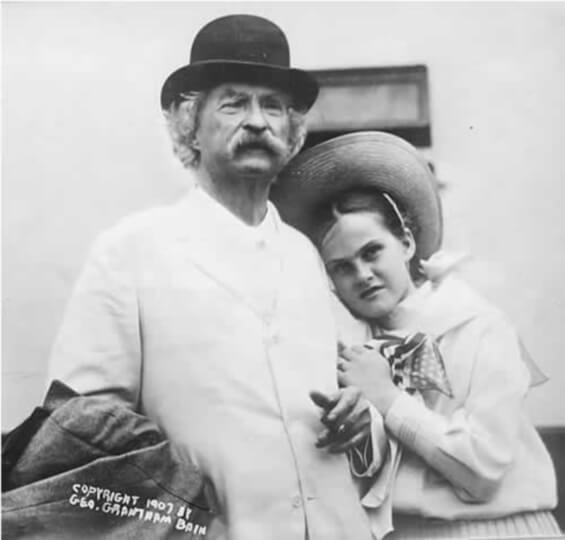
Posted by Jesse Willis


